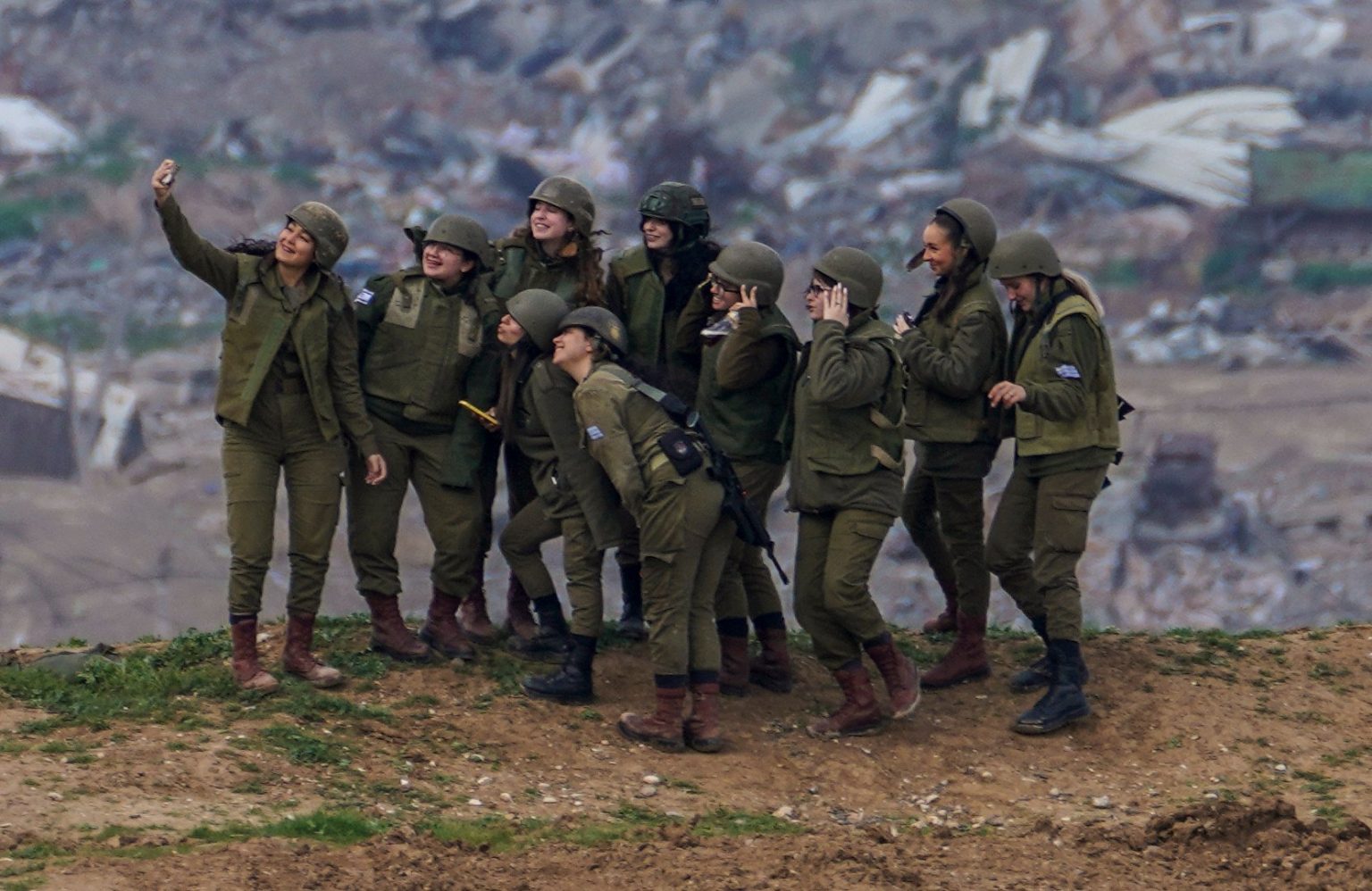The recent flight of an Israeli reservist from Brazil to evade war crimes questioning has ignited concerns within Israel regarding the potential for legal repercussions against soldiers who fought in Gaza. The reservist, Yuval Vagdani, had filmed himself destroying homes in Gaza and shared the footage on social media, inadvertently providing evidence for potential war crimes charges. This incident has brought to the forefront the activities of the Hind Rajab Foundation (HRF), a Belgium-based organization dedicated to holding Israeli soldiers accountable for alleged war crimes committed during the conflict.
Established just five months ago, HRF has assembled a network of lawyers and activists globally to build cases against Israeli soldiers, primarily utilizing social media content posted by the soldiers themselves. Vagdani’s case appears to be the first of many that HRF intends to pursue. The Israeli Ministry of Foreign Affairs reportedly facilitated Vagdani’s escape from Brazil, arranging his passage through Argentina and the United States before his return to Israel. This intervention highlights the Israeli government’s concern over the potential for international legal action against its soldiers. The Israeli authorities have also begun issuing guidelines to soldiers on how to avoid arrest while overseas and how to better camouflage their identities during deployments, raising questions about the extent of their preparation for potential war crimes accusations.
The HRF’s efforts are fueled by a vast repository of evidence gleaned from social media posts by Israeli soldiers. These posts, often shared with a sense of pride, depict potential war crimes ranging from forcing Palestinian men to parade in their underwear to looting and vandalizing homes. The foundation meticulously verifies and geolocates the evidence, including checking metadata and establishing a clear chain of custody from the soldier who filmed the content to the HRF. For soldiers with dual citizenship, HRF pursues prosecution under the laws of their second country. For Israeli citizens, they compile legal files for submission to the International Criminal Court (ICC). The foundation derives its name from a five-year-old Palestinian girl, Hind Rajab, who was killed during the conflict, symbolizing the organization’s commitment to seeking justice for victims of the war.
The HRF’s work has sparked outrage and criticism within Israel, with some accusing the organization of “doxxing” soldiers. Israeli Minister of Diaspora Affairs Amichai Chikli has even issued personal threats against HRF founder Dyab Abou Jahjah. However, Abou Jahjah remains undeterred, emphasizing the importance of holding individuals accountable for their actions and allowing for due process. He stresses that soldiers who believe they have not committed war crimes should have the opportunity to present their case. HRF maintains a catalog of individuals they are investigating, categorizing them as “perpetrators, accomplices and inciters” of war crimes. This catalog underscores the organization’s commitment to pursuing accountability on multiple levels.
Human rights organizations and observers have noted the pervasive sense of impunity among Israeli soldiers regarding their actions in Gaza. The online sharing of potential war crimes highlights the dehumanization of Palestinians and a disturbing celebration of violence. This impunity, while historically prevalent concerning Israeli actions in the occupied West Bank, has reportedly intensified since the start of the war on Gaza in October 2023. Within Israel, many perceive the legal actions against reservists as unjust and a manifestation of historical anti-Semitism, a narrative often promoted by the Israeli state. This framing of the situation fuels a sense of victimhood and deflects attention from the accusations of war crimes.
The political climate within Israel has demonstrably deteriorated since the onset of the Gaza conflict. Some observers suggest that 15 months of sustained conflict have profoundly altered societal perceptions of Palestinians, stripping them of their humanity in the eyes of many Israelis. In this context, the actions of soldiers are often rationalized as “letting off steam” during a war for which no one feels personally responsible. The government and media have portrayed the international investigations and prosecutions as a global conspiracy against Israel, reviving historical narratives of Jewish persecution. This framing reinforces the disconnect between Israeli society and the realities of the conflict in Gaza, fostering a sense of unaccountability for the suffering inflicted upon the Palestinian population.

